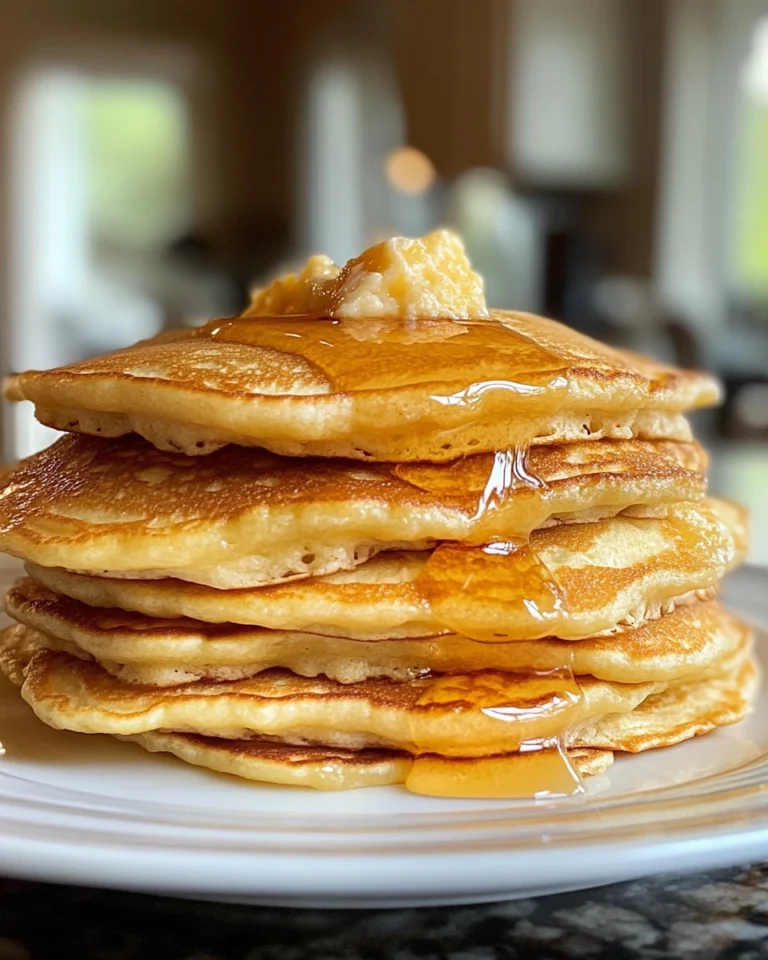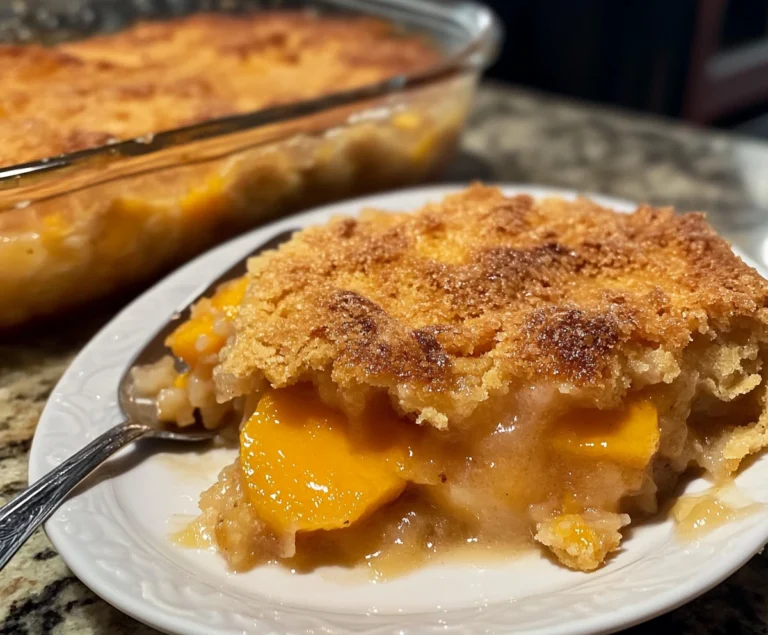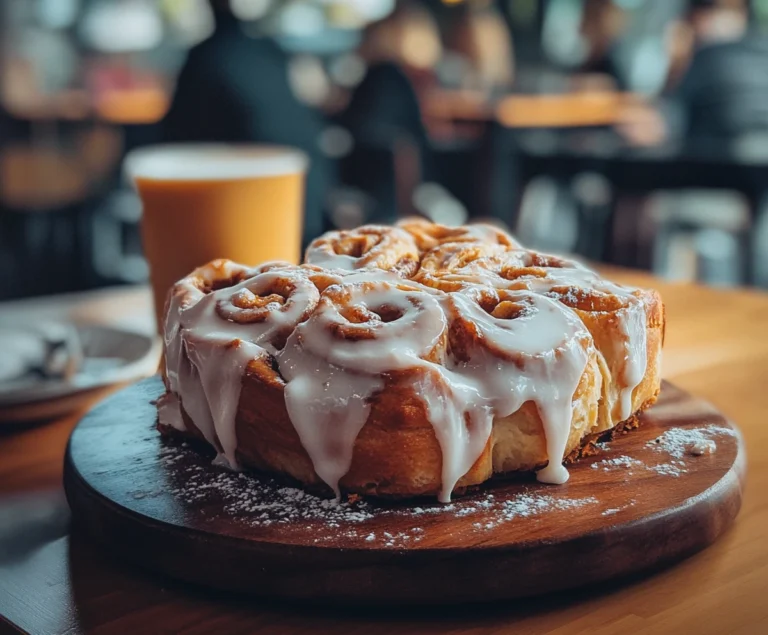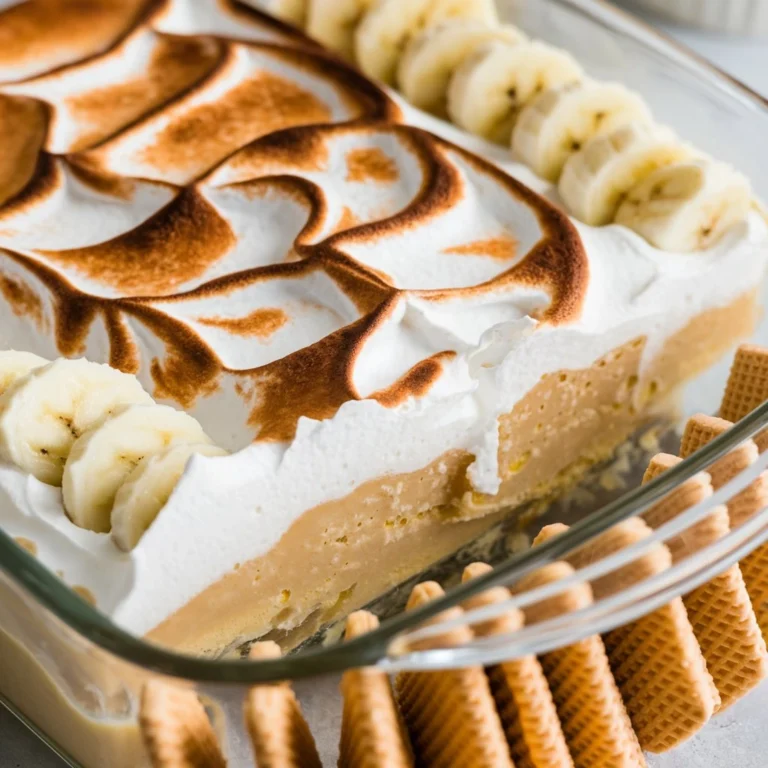Why Won’t My Peanut Butter Cookies Harden?
Why Won’t My Peanut Butter Cookies Harden?
Why Won’t My Peanut Butter Cookies Harden are a favorite for many bakers due to their simple ingredients and rich flavor. However, one common frustration occurs when the cookies won’t harden after baking, leading to soft or chewy results that aren’t quite right. This can be especially disappointing when you expect a crisp, buttery texture and instead get cookies that stay too soft or fall apart after cooling.
In this comprehensive guide, we’ll dive into the science behind baking My Peanut Butter Cookies Harden the common mistakes that prevent Why Won’t My Peanut Butter Cookies Harden from firming up, and practical solutions to fix soft cookies. By understanding what causes your Why Won’t My Peanut Butter Cookies Harden to remain soft, you can take the necessary steps to achieve perfectly crisp peanut butter cookies every time.
The Science Behind My Peanut Butter Cookies Harden Texture
To understand Why Won’t My Peanut Butter Cookies Harden may not harden, it’s important to grasp the science behind cookie baking. When baking, several factors determine the texture of the final product: the ingredients, the ratios between them, the temperature of the oven, and the bake time.
Why Won’t My Peanut Butter Cookies Harden, like most cookies, rely on a delicate balance of fat, flour, sugar, and eggs. Here’s how these ingredients affect the cookie’s final texture:
- Fat (Peanut Butter and Butter): The fat in peanut butter and butter creates the signature richness and chewiness in cookies. However, too much fat can prevent the cookie from setting properly, making it too soft after baking.
- Flour: Flour provides structure to the cookie by forming a gluten network when mixed with wet ingredients. If you don’t use enough flour, your cookies may not hold together and will stay soft.
- Sugar: Sugar contributes to both sweetness and texture. Different types of sugar affect cookies in different ways. For instance, brown sugar retains moisture and results in a chewier cookie, while granulated sugar helps cookies to crisp up.
- Eggs: Eggs add moisture and bind the ingredients together. However, too many eggs can lead to a dough that holds too much moisture, resulting in soft cookies that don’t firm up.
Heat and My Peanut Butter Cookies Harden Texture
Baking time and temperature are crucial for cookies to set properly. If your cookies are under-baked, they’ll retain too much moisture, making them soft. On the flip side, over-baking can lead to cookies that are dry and brittle.
To bake perfect peanut butter cookies, the temperature must be just right. The sugars in the dough should caramelize, while the proteins in the flour and eggs must fully set to achieve a firm and crispy texture. If your oven is too cold or inconsistent, the cookies may not bake all the way through, causing them to stay soft.
Here are some of the key factors that affect how heat interacts with your cookie dough and what you can do to control it:
- Oven Temperature: If your oven is too cool, the fat will melt too quickly before the cookies can set, causing them to spread and become soft. Always preheat your oven to the exact temperature called for in the recipe, and consider using an oven thermometer to ensure accuracy.
- Baking Time: The longer cookies are exposed to heat, the more moisture evaporates. Under-baking your cookies will trap too much moisture inside, resulting in a soft or chewy texture. Ensure that your cookies bake long enough to fully firm up without overdoing it.
For more insights on achieving the perfect peanut butter cookie texture, check out this Ultimate Guide to Making 4-Ingredient Peanut Butter Cookies, which covers crucial tips on baking time and ingredient balance.
Common Causes for My Peanut Butter Cookies Harden Not Hardening
Now that you understand the basic science of baking, let’s look at the most common reasons your peanut butter cookies might stay too soft. Each issue has specific signs and potential fixes, so you can tweak your process and get the results you want.
1. Under-baking or Over-baking
One of the most common reasons peanut butter cookies don’t harden is under-baking. Cookies need enough time in the oven for the heat to activate the ingredients, melt the fat, and evaporate enough moisture to allow the cookie to set. If you take them out too early, they won’t have a chance to firm up as they cool.
On the other hand, over-baking can be just as problematic. Over-baked cookies may dry out, but the excess time in the oven can sometimes prevent the sugars and proteins from fully setting in the right way, leading to cookies that are crumbly or still too soft. Check the cookies after the minimum baking time, and if they look set on the edges but still soft in the center, give them another minute or two. Letting them cool completely will help them firm up even more.
2. Oven Temperature Issues of My Peanut Butter Cookies Harden
Using the correct temperature is essential for getting your cookies to harden properly. If your oven is not calibrated correctly or runs too cool, your cookies may take longer to bake and won’t harden as expected. This is often due to the sugars not reaching their caramelization point, meaning the cookies won’t firm up.
If you suspect your oven may not be heating accurately, invest in an oven thermometer to verify the temperature. Baking at a consistent, proper temperature ensures the cookies bake evenly and harden without drying out.
3. Too Much Moisture in the Dough of My Peanut Butter Cookies Harden
Peanut butter cookies rely on a balance between wet and dry ingredients. If your dough contains too much moisture, it will affect how the cookies bake. This often occurs if you use too much peanut butter, eggs, or butter. These ingredients add richness to the dough but also contribute moisture that needs to evaporate during baking.
Using natural peanut butter can also introduce more oil into your dough than processed peanut butter. The extra oil can cause the dough to spread too much during baking, preventing the cookies from firming up properly. If you prefer the flavor of natural peanut butter but struggle with your cookies hardening, you can reduce the butter in the recipe or add more flour to balance out the moisture.
For more tips on how peanut butter impacts the firmness of cookies, read this detailed guide on 3-Ingredient Peanut Butter Cookies.
4. Incorrect Flour or Sugar Ratios of My Peanut Butter Cookies Harden
Flour and sugar play a key role in giving cookies their structure. Too much sugar can make cookies chewy and soft, while too little flour means the cookies won’t hold their shape. The right ratio of flour to sugar ensures that the cookies will set correctly.
Flour absorbs moisture and gives the cookie dough a firm texture. When baking peanut butter cookies, ensure you’re using the right amount of flour as specified by the recipe. If your dough feels too wet or sticky, try adding a tablespoon of flour at a time until the consistency is firmer.
If you want more information on the role of sugar and how it affects cookie texture, you can read our related Cookie Recipe Using Pancake Mix, which explains how different ingredients impact texture.
How to Fix Soft My Peanut Butter Cookies Harden
If your peanut butter cookies are coming out too soft and not firming up after baking, don’t worry—there are plenty of solutions to help you correct the issue. Depending on the problem, you can adjust your method during or after baking to get the desired texture.
1. Extend the Baking Time
One simple solution to soft cookies is to bake them for a little longer. If your cookies seem too soft when you take them out of the oven, return them for an extra 2-3 minutes. This can help evaporate any remaining moisture and allow the cookies to harden as they cool.
Be careful not to over-bake, as this can lead to dry cookies. The key is to watch for golden edges and a slightly soft center that firms up as the cookies cool.
2. Chill the Dough
Chilling your cookie dough before baking can prevent the cookies from spreading too much, which in turn helps them firm up better. When the dough is cold, the fats take longer to melt in the oven, resulting in thicker cookies that have a better chance of crisping up as they bake.
Refrigerate the dough for at least 30 minutes before baking. This also gives the flour time to fully hydrate, leading to a better texture overall.
3. Add More Flour
If your cookie dough is too wet, it may result in cookies that are too soft and won’t firm up properly. To fix this, try adding a little extra flour to the dough. Start by adding one tablespoon of flour at a time, mixing until the dough reaches a firmer consistency.
Adding more flour increases the structure of the dough, allowing the cookies to hold their shape and harden better during baking.
4. Let the Cookies Cool Completely
Cookies often continue to harden as they cool, so it’s important to let them cool fully on a wire rack before deciding whether they need more time in the oven. If you judge your cookies while they’re still warm, they may seem softer than they actually are.
Give them at least 10-15 minutes to cool, allowing the sugars and fats to set properly. The cooling process is just as important as baking when it comes to achieving the perfect texture.
Troubleshooting Other Common Issues
In addition to soft cookies, you may encounter other texture issues when baking peanut butter cookies. Here’s how to troubleshoot some of the most common problems.
Cookies That Spread Too Much
Cookies that spread too much during baking often don’t firm up well. This can happen if the dough contains too much fat or if the cookies are baked at too low a temperature.
To prevent cookies from spreading, make sure to:
- Use chilled dough to slow down the melting process in the oven.
- Avoid overmixing the dough, as this can lead to excess air and spreading.
- Check your oven temperature to ensure it’s hot enough to set the cookies before the fat fully melts.
If your cookies continue to spread, reducing the amount of butter or peanut butter in the dough can help create thicker, firmer cookies.
Cookies That Are Too Crumbly
Crumbly cookies can occur when there’s not enough moisture in the dough or when the cookies are over-baked. To fix this, try reducing the baking time or increasing the amount of fat (such as butter or peanut butter) in your recipe. This helps bind the ingredients and creates a chewier texture.
For a deep dive into troubleshooting cookie texture issues, explore this Ultimate Peanut Butter Cookie Guide, which offers expert tips for perfect results every time.
Baking Tips for Perfect Peanut Butter Cookies
If you’re aiming for peanut butter cookies that are crisp on the outside and soft in the middle, follow these expert tips to improve your results:
1. Preheat Your Oven Properly
Always preheat your oven to the exact temperature called for in the recipe. Starting with a cold oven can lead to uneven baking, causing some cookies to be undercooked while others are overcooked.
An oven thermometer is a simple way to verify your oven’s accuracy and ensure your cookies bake at the right temperature.
2. Use Parchment Paper
Baking your cookies on parchment paper can help prevent them from sticking to the pan and promote even baking. Parchment paper also prevents the bottoms of the cookies from getting too brown while the tops remain soft.
3. Avoid Overmixing the Dough
When mixing your cookie dough, be careful not to overmix. Overmixing incorporates too much air into the dough, which can lead to cookies that puff up too much and then collapse, resulting in a soft or chewy texture.
Mix the ingredients just until combined to avoid this issue.
4. Make Adjustments for Humidity
Baking in a humid environment can affect your cookie dough by introducing extra moisture into the ingredients. If you’re baking in a high-humidity area, consider adding more flour to the dough to balance the moisture and ensure the cookies firm up properly.
Frequently Asked Questions
Why are my peanut butter cookies dry and crumbly?
Dry and crumbly cookies are often the result of over-baking or not enough moisture in the dough. Ensure that you’re not overcooking them, and consider adding more fat (like butter or peanut butter) to add moisture.
Can I use natural peanut butter in peanut butter cookie recipes?
Yes, you can use natural peanut butter, but keep in mind that its higher oil content may affect the texture of your cookies. Natural peanut butter often causes the dough to spread more, so you may need to adjust by adding more flour or reducing the amount of butter in the recipe.
How can I prevent my cookies from spreading too much?
To prevent cookies from spreading, chill the dough before baking, avoid overmixing the ingredients, and use parchment paper to promote even baking. Ensuring your oven is at the correct temperature can also help the cookies set properly without excessive spreading.
Conclusion
Baking the perfect peanut butter cookie is all about achieving the right balance of ingredients, temperature, and baking time. By understanding the common causes of soft cookies and implementing the suggested solutions—like extending the baking time, chilling the dough, and adjusting the flour-to-fat ratio—you can ensure your cookies come out firm, crispy, and delicious every time.
If you’re looking for more information or tips on baking peanut butter cookies, check out this Ultimate Guide to 4-Ingredient Peanut Butter Cookies for additional insights.
By following these expert tips and troubleshooting steps, you’ll never have to ask again, “Why won’t my peanut butter cookies harden?”







